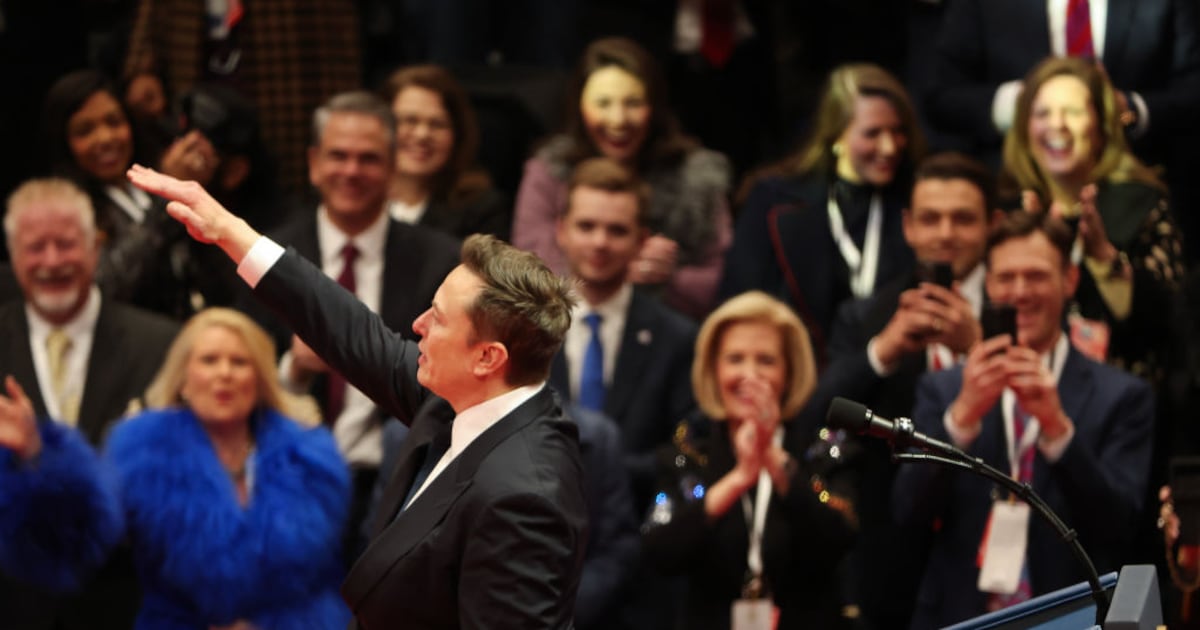
Goldman Sachs is trying to downplay how much bonus money it’s scheduled to set aside for its employees this year, a full twelve months after the firm received federal bailout money. But this is also the same firm that amazingly contends it wasn’t rescued by the Feds, that the AIG bailout—despite the fact that it held the firm’s insurance products on its books—would have no effect on its own finances, and that last year when the financial world was imploding, everything was pretty mellow down at Goldman’s headquarters in lower Manhattan.
Firms are making money not because they’re good at what they do, but because they have been given so many subsidies that it’s impossible not to.
I’m struck by this not just because of the utter hypocrisy involved, but also because Goldman isn’t alone in trying to spin the fact that every firm that faced sudden and assured death last year without billions of dollars in government cash, guarantees on bad debt, relaxation of accounting rules that make their bad bets look better than they should, not to mention that monster AIG bailout, is getting ready to hand to its executives major year-end bonuses. Again.
In the coming days, as Wall Street banks report strong earnings and boat loads of money for year-end bonuses, you’ll be hearing a lot about how paying people at the firms is necessary for the banks to retain talent and survive; that the firms made the money fair and square and that a return to profitability is a good thing. It means the firms are stabilizing. The banking crisis is over.
The banking crisis may be over (I prefer the description “abated” because the banks still hold trillions of toxic assets that could further implode depending on how high unemployment rises) but the fact that the firms have recovered so quickly isn’t so much a testament to their CEOs’ market brilliance and business acumen, but rather the size and scope of the government/taxpayer subsidy that was designed for the banking system to survive, but now that the firms have survived, is being used to enrich some of the same risk-takers who plunged the nation into the financial crisis, and the Great Recession, just one year ago.
Obviously saving the banking system was a good thing. Goldman Sachs and Morgan Stanley may be too powerful, the management of Bank of America and Citigroup too stupid, but having them in the market trading stocks and bonds is necessary to prevent asset prices—and that means everything from 401(k)s to public pension funds and shares of individual companies held by Main Street America—falling to close to zero. That was the worry this time last year when the firms received all that bailout money. When asset prices fall to those levels start talking Great Depression instead of Great Recession.
What isn’t a good thing is how the banks are taking advantage of their massive federal handout. Small business owners tell me all the time that they can’t get loans. Meredith Whitney recently wrote how credit is contracting, meaning the banks still are holding onto funds they would normally lend out to individuals and businesses. All of which would be fine if the banking system was truly building up reserves to cover the possibility that their toxic assets might yet explode in a possible second banking crisis if the economy takes a sharp downward turn.
But there’s some evidence they’re not. For all the billions given to the banks to prevent a further meltdown, they are plowing billions into bonus pools—published reports have the total bonus number at record levels in the $140 billion range, an estimated $23 billion at Goldman alone. That doesn’t mean people at the big banks should work for nothing—or shouldn’t get paid for a strong performance. But Wall Street should end its charade; instead of putting money away to guard against a second banking crisis—which even market bulls admit is at least a possibility—the firms are once again rolling the dice in bond market trades and paying their traders based on their short-term winnings.
And Wall Street should fess up about something else: Firms are making money not because they’re good at what they do, but because they have been given so many subsidies that it’s impossible not to make money. Goldman Sachs is now a commercial bank, as is Morgan Stanley, which means both firms are protected by the Fed as Too Big To Fail. And because of that designation, they can borrow cheaply to finance their risk taking even though they don’t hold substantial customer deposits and it’s unclear that they ever will. Meanwhile, the bailouts that saved Bank of America and Citigroup have allowed their revenues to flow right to the bonus pool.
So what we have on Wall Street right now, as bankers and traders get ready to spend their huge bonus checks, is one of the most unseemly (and possibly largest) transfers of wealth in the recent history of corporate welfare. Despite all of the president’s class warfare rhetoric, It really doesn’t shock me that the Obama administration which favors all kinds of welfare schemes from healthcare to his failed stimulus package (remember how unemployment was supposed to stop at 8.5 percent if the government spent $800 billion) is now subsidizing the banking industry. Wall Street was one of the president’s biggest supporters, and even a community organizer knows how to follow the money.
Charles Gasparino is CNBC's on-air editor and appears as a daily member of CNBC's ensemble. He is a columnist for the Daily Beast and a frequent contributor to the New York Post, Forbes, and other publications. His forthcoming book about the financial crisis, The Sellout, is scheduled to be published later in 2009.






